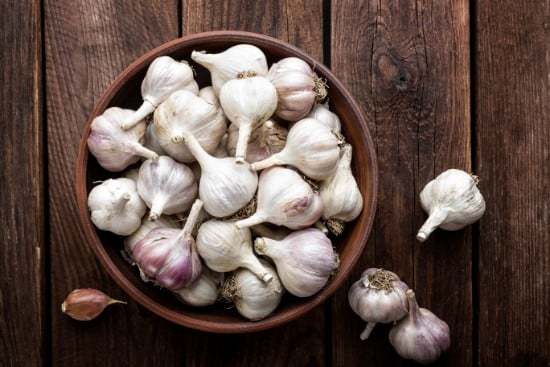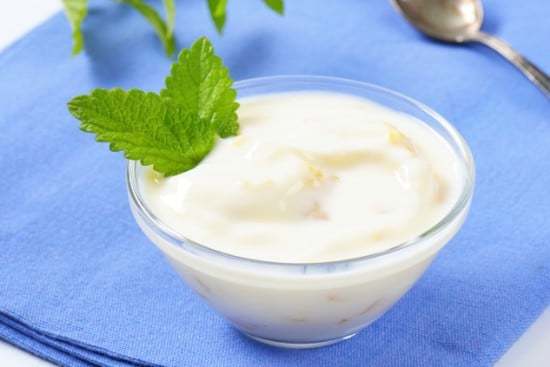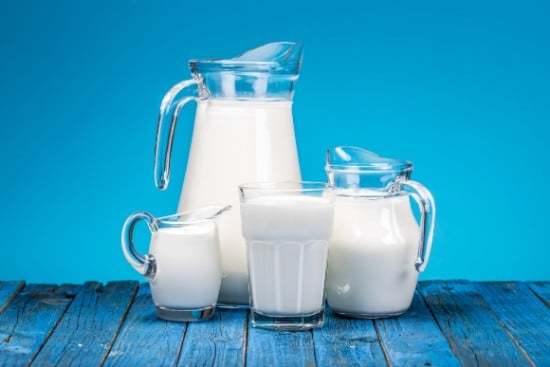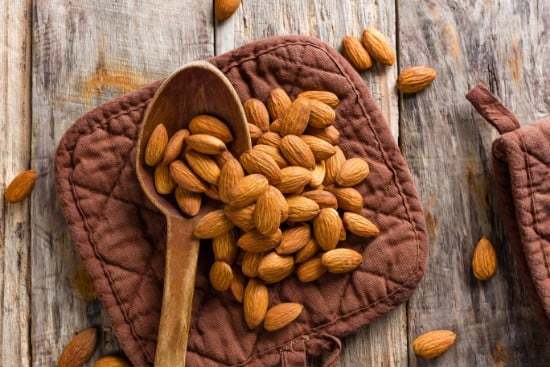When it comes to matters of health, what you eat has a significant impact on your overall wellbeing, hence the saying "you are what you eat." Regarding dental care, some foods promote healthy teeth and gums while others are not good for your dental health.
Tooth decay and gum disease are issues usually associated only with poor oral hygiene, but many of these issues can be triggered or aggravated by what we eat. You should be mindful of the foods your putting in your mouth, as they all will have an impact on your teeth, gums and overall oral health.
Below are several foods worth having in your dental health diet:
1. Garlic - Good for oral health... Maybe not your breath

Garlic is often used as a spice to add flavor to meals. It also has been used over the years as a natural remedy for different health issues, and that includes promoting oral health.
Garlic contains antibacterial properties that aid in lowering the activity of bacteria in the mouth that cause tooth decay and bad breath.
Allicin is one of the major components in garlic. It has been shown to aid against oral flora imbalance by helping to keep bad bacteria at bay which can contribute to dental diseases.
Garlic also contains antifungal and antiviral properties which help promote strong and healthy teeth and gums. It also is a source of prebiotic fiber which is good for the teeth and supports proper digestion.
2. Liver - Good source of nutrients

The liver is loaded with nutrients. It is a fantastic source of iron and fat-soluble vitamins A, C, D, K1, and K2.
Such a combination of nutrients makes the liver one of the perfect foods worth adding to your oral health diet.
3. Yogurt - Opt for sugar-free / low-sugar varieties

Yogurt is loaded with protein, calcium, and probiotics all of which are essential in promoting better health.
- Calcium is particularly important for the health of your bones and teeth
- Protein aids in mucosal tissue development
- Probiotics deliver healthy bacteria to the mouth which can help keep the bad bacteria in check
We do recommend going for the sugar-free or low sugar varieties, as the high levels of sugar in some brands of yogurt is a negative that very well may outweigh the positive benefits.
4. Milk - Got any?

Like other forms of dairy, milk is a great source of calcium, which is an important component your body uses to build strong bones and teeth.
There are many foods that are high in calcium, but the National Institute of Dental and Craniofacial Research recommend choosing dairy over an alternate calcium source, as your body absorbs it more easily.
5. Cheese - Alkaline your mouth

According to a publication of research done by the Academy of General Dentistry in the May/June 2013 issue of General Dentistry, teenagers who have cheese in their diet have a lower acid level in their mouths compared to those who consume sugar-free yogurt or drink milk daily.
The findings were based on a comparative study on the gains of the pH level in the participant's mouths, after eating yogurt, milk, or cheese.
The participants were to eat one of the mentioned foods, rinse their mouths with water and then have their saliva tested measuring the current pH level in their mouths.
Those who consumed yogurt and milk showed no change in their mouth's pH levels with those that ate the cheese showing a dramatic increase in their pH levels. The research indicates that cheese can promote an anti-cavity environment in your mouth.
6. Almonds - Healthy crunch

Almonds have a low amount of healthier sugars and are a source of protein and calcium. Eating roughly a quarter cup of almonds during the day will provide you with around 95 mg of calcium. Which is just a bit below 1/3 of the calcium you would get from a cup of milk.
7. Spinach - Great source of nutrients

Spinach is a vegetable loaded with minerals such as iron and calcium and vitamins such as A, C, and folic acid all of which are essential in maintaining your oral health.
Many people add spinach to various dishes, like stews or even into their smoothies. By adding more spinach into your diet, you will help your body get the supply of antioxidants it needs to fight off the effects of oxidizing agents.
Spinach is also a good source of fiber. The fiber will promote gut health which is also good for your oral health, and this is boosted by the antioxidants, vitamins, and minerals needed to keep your teeth and gums healthy.
Summary
Your oral health affects your body's wellness as a whole, so it's important to keep a holistic view in mind when approaching your mouth's health.
Eating the right foods is only one important part of your oral health routine. It's vital you also brush, floss and regularly see your dentist. So for that last item, go to https://www.farnhamdentistry.com/ and schedule your dental appointment today!

